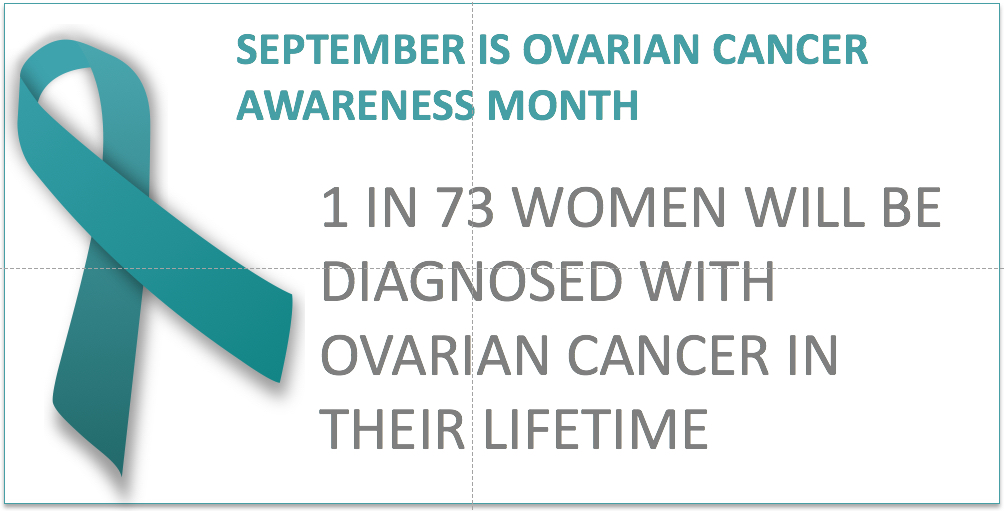Hens (yes, as in chickens) are the only animals besides humans known to spontaneously develop ovarian cancer. This makes them a superb study subject for preliminary research into a disease that claims more than half of the women who get ovarian cancer within five years of their diagnosis.
Ovarian cancer remains a puzzling disease. Scientists are still unsure of exactly what causes ovarian cancer and treating it is equally mysterious; some therapeutics work for a while, then stop being effective. This allows the aggressive disease to metastasize throughout a woman’s body in spite of intense oncological treatments.
However, new hope emerged in the form of a recent study at Southern Illinois University School of Medicine in Carbondale. Using hens as animal models, scientists found that the effect of flaxseed on the growth of ovarian cancer in hens is remarkable.
Hundreds of hens were divided into two groups. One group was fed a 10 percent flaxseed-enriched diet - comparable to roughly 10 tablespoons of ground flaxseed in humans. The control group fed on the standard diet without flaxseed.
After one year, almost a quarter of all the hens (regardless of diet) developed ovarian cancer but the difference with the flaxseed-fed hens was stunning. The flaxseed-fed hens showed significant reduction in the severity of ovarian cancer. Their tumors were predominantly early-stage tumors compared to the late-stage tumors of the control group. Also, the tumors of the flaxseed-fed hens were confined to the ovaries, compared to significant metastatic tumors of the control hens.
Although the rate of incidence of ovarian cancer was the same for both groups, the flaxseed-fed group lived longer compared to the control group hens. And, the flaxseed-fed hens had better health overall.
Why flaxseed may work? Flaxseed is the richest plant source of alpha-linolenic acid (ALA), one kind of omega-3 fatty acid. It has been shown to benefit heart health, some cancers (including breast) and is suspected to alter estrogen metabolism. Omega-3 fatty acids also inhibit some elements that stimulate cancer growth and inflammation, which has extensive benefits to the human body in many ways.
Although this is a preliminary finding, it is generating great interest in the scientific research community and may provide the basis for a clinical trial that evaluates the potential role of flaxseed in women's nutrition.
In the mean time, add some flaxseed to your meals.
Source:
http://www.ncbi.nlm.nih.gov/pubmed/20153884





Add a Comment1 Comments
Interesting!! I'll discuss this during our Gyn. Committee meeting of SW Oncology Group.
Keep the wonderful articles coming.
April 15, 2010 - 2:26pmLaurel
This Comment